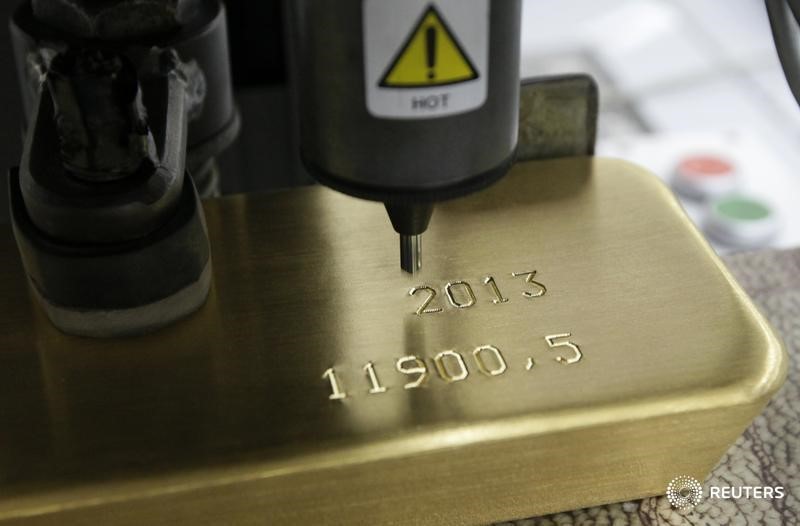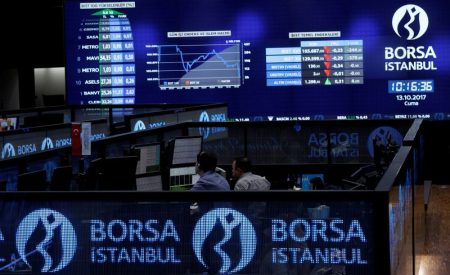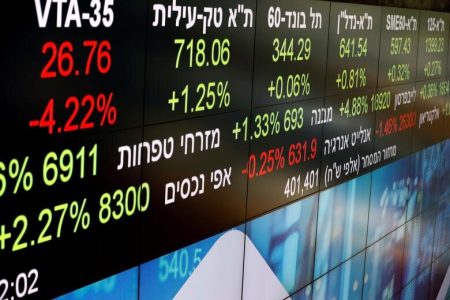Investing.com– Gold prices rose slightly in Asian trade on Monday but remained within a tight trading range amid pressure from a stronger dollar, and as traders positioned for key U.S. inflation data this week.
The yellow metal has hovered largely around the low $2,300 an ounce level for about two weeks, as uncertainty over U.S. interest rates kept traders averse to the yellow metal.
rose 0.2% to $2,325.52 an ounce, while expiring in August rose 0.3% to $2,337.85 an ounce by 00:04 ET (04:04 GMT).
Gold pressured by strong dollar, PCE data awaited
Gold prices were pressured chiefly by strength in the , as the greenback hovered around its strongest levels since early-May.
Strength in the dollar came as traders priced out expectations of interest rate cuts by the Federal Reserve, especially after strong purchasing managers index data on Friday.
The reading pushed up fears that strength in the U.S. economy will give the Fed more headroom to keep rates high for longer.
Focus now turns largely to upcoming data, due on Friday. The reading is the Fed’s preferred inflation gauge, and is likely to factor into expectations for interest rate cuts.
The PCE data is expected to show some cooling in inflation, but is expected to remain well above the Fed’s 2% annual target.
The prospect of high for long interest rates bodes poorly for precious metals, given that it increases the opportunity cost of investing in non-yielding assets.
Other precious metals retreated on Monday after remaining largely rangebound in recent weeks. fell 0.3% to $1,005.10 an ounce, while fell 0.2% to $29.895 an ounce.
Copper prices muted amid dollar strength, China jitters
Strength in the dollar also weighed on industrial metal prices, with copper also coming under pressure from fears of a trade war between China and the European Union.
Benchmark on the London Metal Exchange fell 0.1% to $9,677.50 a tonne, while one-month steadied at $4.4205 a pound.
Sentiment towards China, the world’s biggest copper importer, was battered after the EU imposed tariffs on Chinese imports of electric vehicles. The move drew ire from Beijing, with Chinese officials raising the possibility of retaliatory tariffs and a potential trade war between the two economic giants.
Read the full article here











